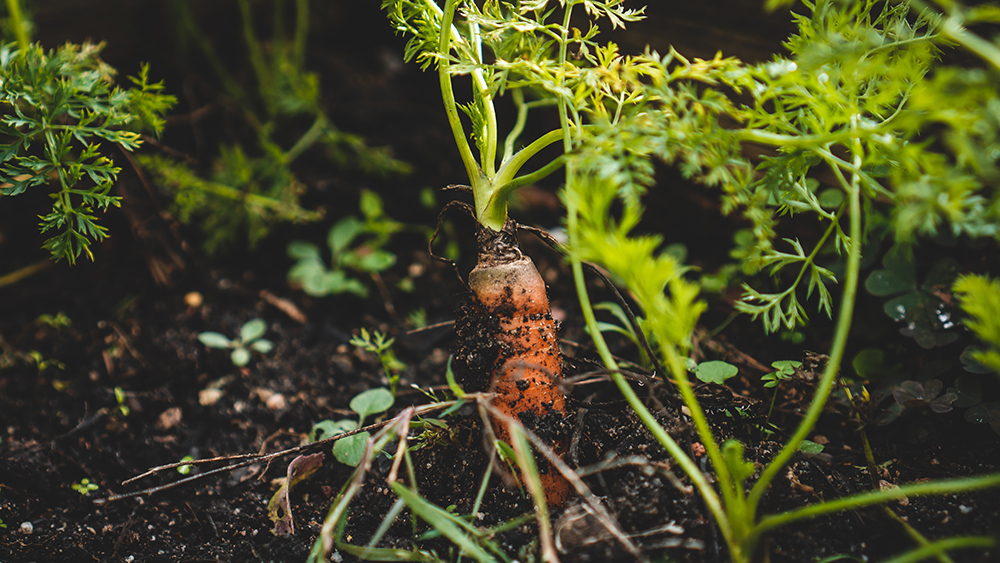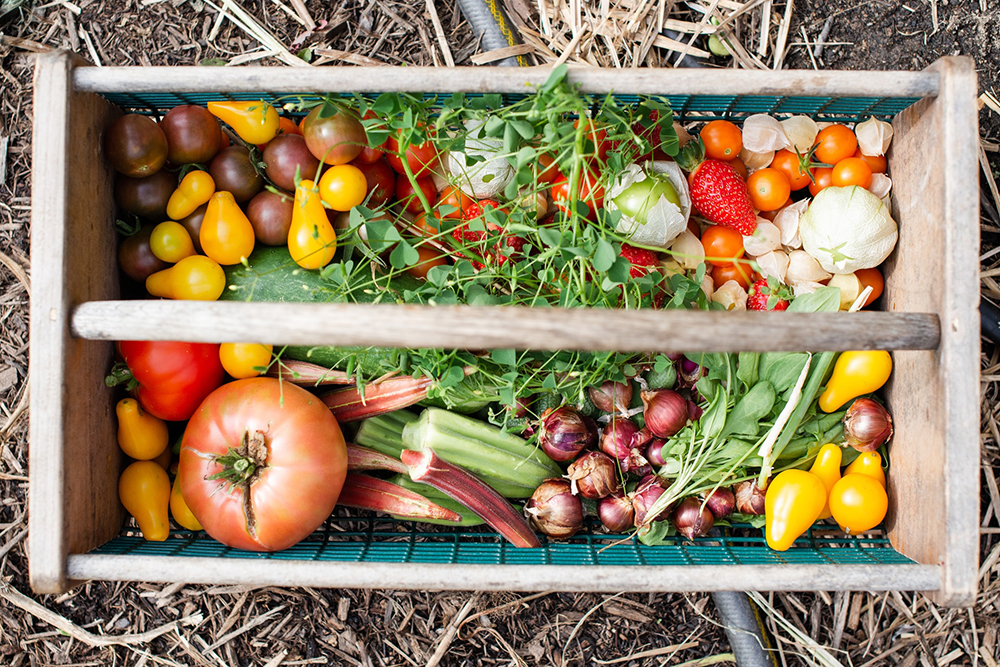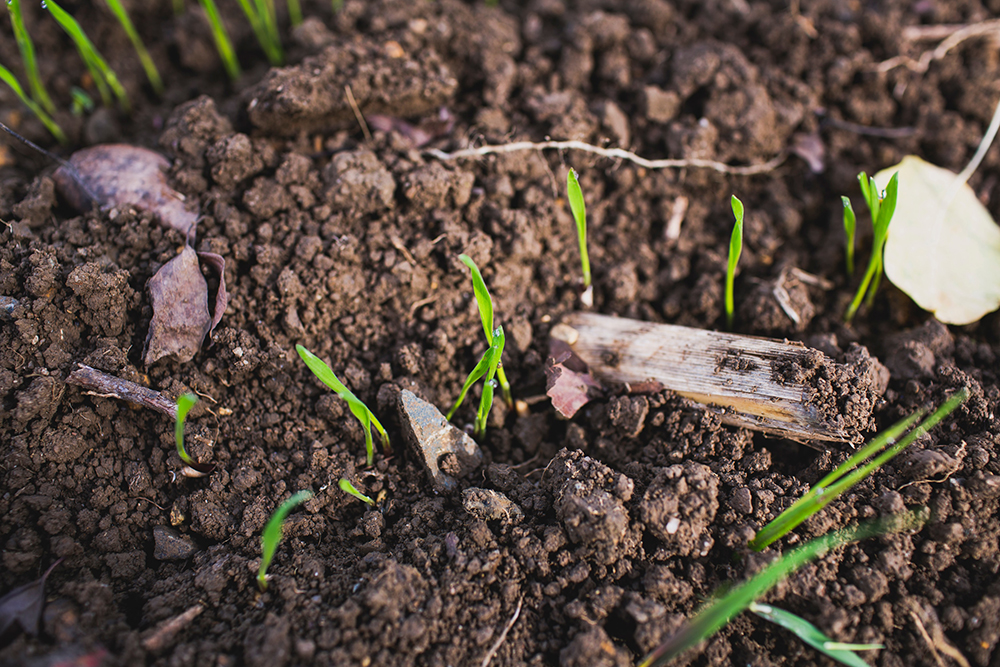Recent Posts
- Home
- Elevate Blog
- Composting for Healthy Soil and Nutritious Food
Composting for Healthy Soil and Nutritious Food
Posted on

As we continue to work towards a more sustainable future, our modern food system is confronted with challenges such as soil degradation and declining crop yields. The United Nations Sustainable Development Goals (SDGs) have identified Zero Hunger as a key objective. SDG 2 focuses on ending hunger, achieving food security and improved nutrition, and promoting sustainable agriculture.
Composting plays a vital role in enriching the soil, which in turn supports the growth of more nutritious food. It not only helps protect the environment but can also help reduce food shortages experienced globally.
For Healthier Soil, Healthier Food…Compost!
Food is only as healthy as the soil that it was grown in. When crops don’t have access to enough of the right nutrients they can’t grow properly. Crops grown in depleted soil can suffer from stunted growth, reduced yield, and an increased susceptibility to pests and disease.
More: What Happens When Soil Deteriorates?
Agricultural fields in the midwestern U.S. have lost, on average, two millimeters of soil per year for the past 160 years. Primarily due to this soil depletion, modern crops contain fewer nutrients than they have in the past.

Healthy soils are essential for a healthy food system. Compost can be a key to improving the health, resiliency, and productivity of crops and agricultural systems.
Compost improves soil structure, conserves water, replenishes lost nutrients, and supports beneficial microorganisms. This excellent source of organic matter and microbes provides the essential nutrients and minerals that all plants and crops need to grow and thrive - Composting helps to create healthier soil that supports the growth of healthier food.
"Improving soil health can be as effective as irrigation at increasing yields"
- NRDC, Using compost to improve soil health and crop productivity
What’s the Difference Between Compost and Chemical Fertilizer?
Whereas chemical fertilizers only feed the plant, compost provides organic matter and microbes that support the entire soil food web.
The benefits of chemical fertilizers are only short term. Healthy soil has a complex soil food web which is teeming with microorganisms! Chemical fertilizers disrupt this soil food web, causing harm to these crucial microorganisms.

The microbes present in healthy soil help to break down organic matter and release nutrients. When soil has everything it needs, plants receive the nutrients and moisture they need to live and grow.
Additionally, chemical fertilizers cause additional problems such as groundwater pollution, changes in soil pH, and ingredients that are harmful for humans. They are also expensive! Each of these effects will intensify with continued use, farmers will need to purchase increasingly larger quantities of fertilizer in an attempt to feed the crops suffering as a result of damage done to the soil.
Compost helps to reduce the need for chemical fertilizers and pesticides by feeding the microorganisms in the soil. Their digestive process and waste transforms organic matter into soluble nutrients that plants can use. Compost provides the healthy soil conditions needed to increase yields, and regenerates soil biology to grow more nutrient-dense crops!
Find More Composting Information and Resources
Let's Celebrate Compost!
This week we’re celebrating International Compost Awareness Week, with a goal to spread the word about the incredible benefits of compost for our soil, crops, and environment. We want to make composting mainstream!
 Loading... Please wait...
Loading... Please wait...


